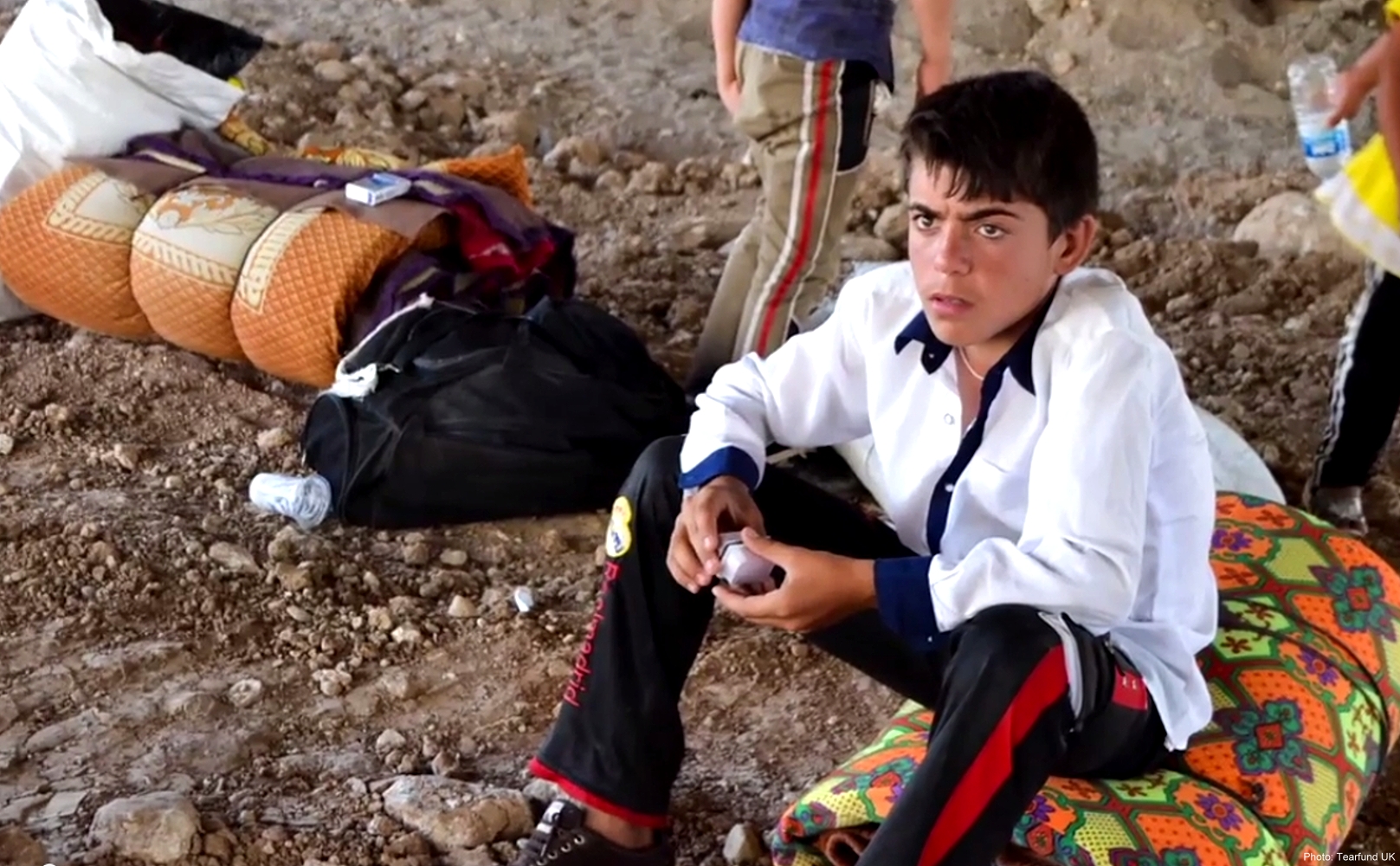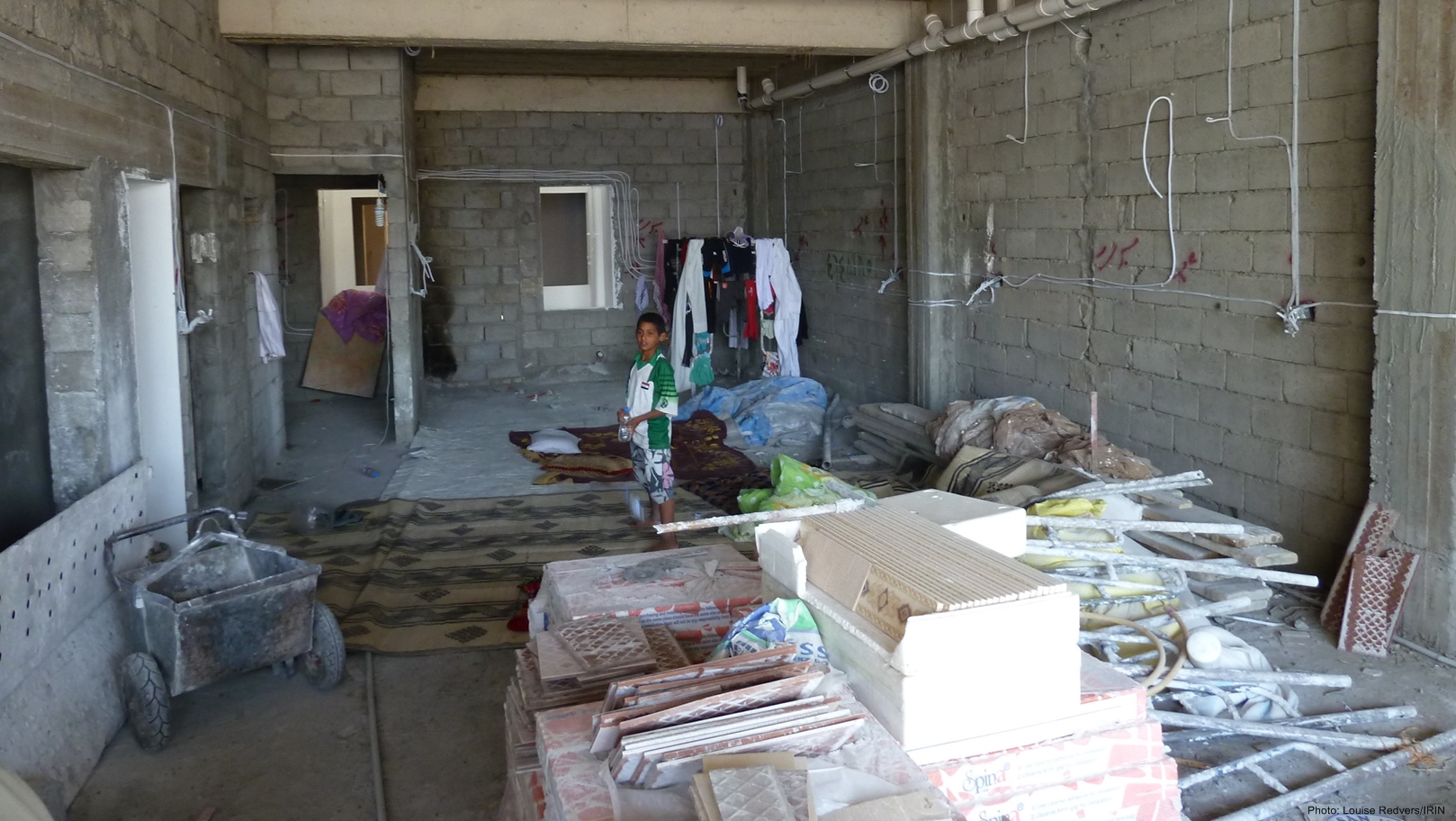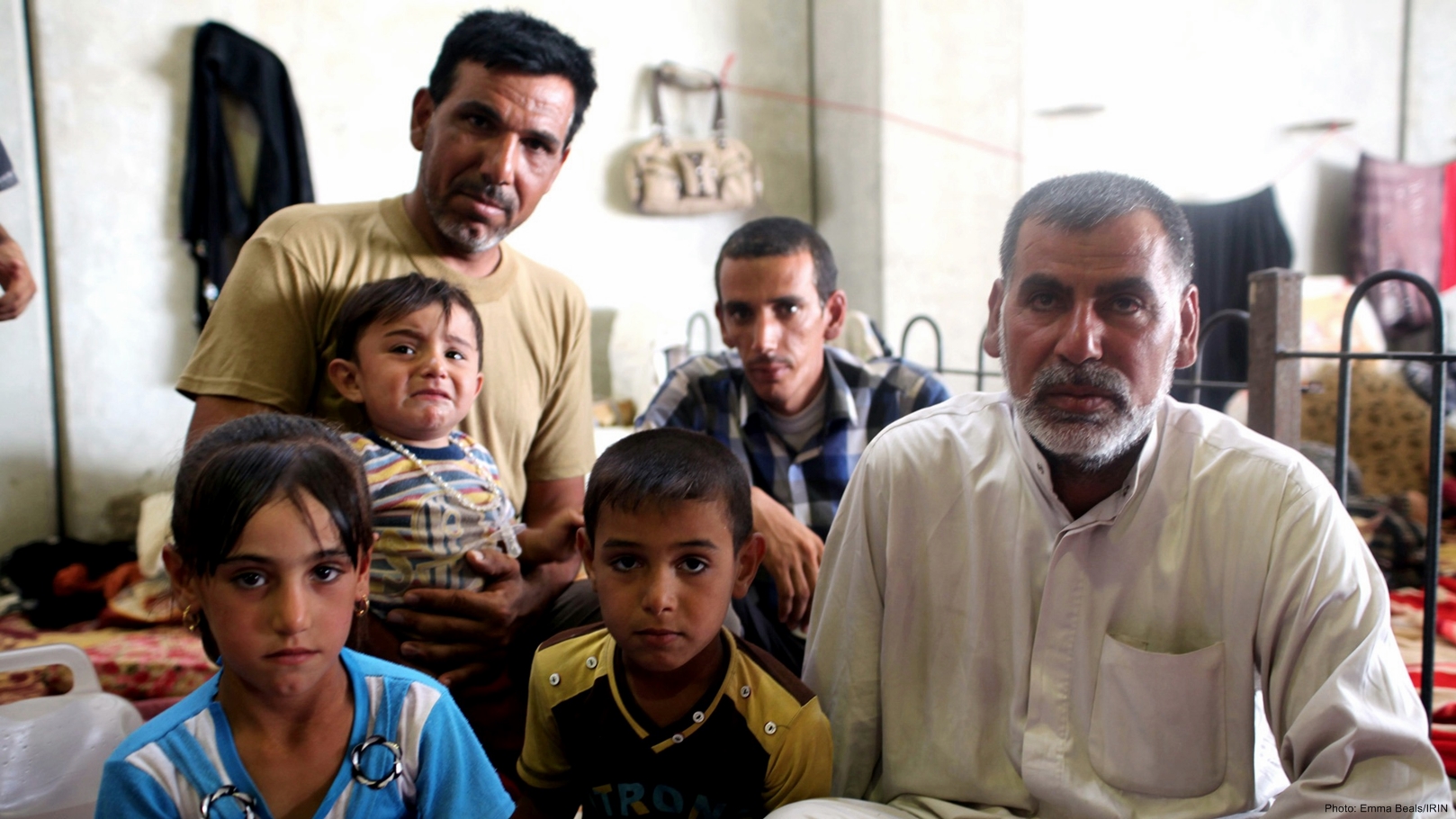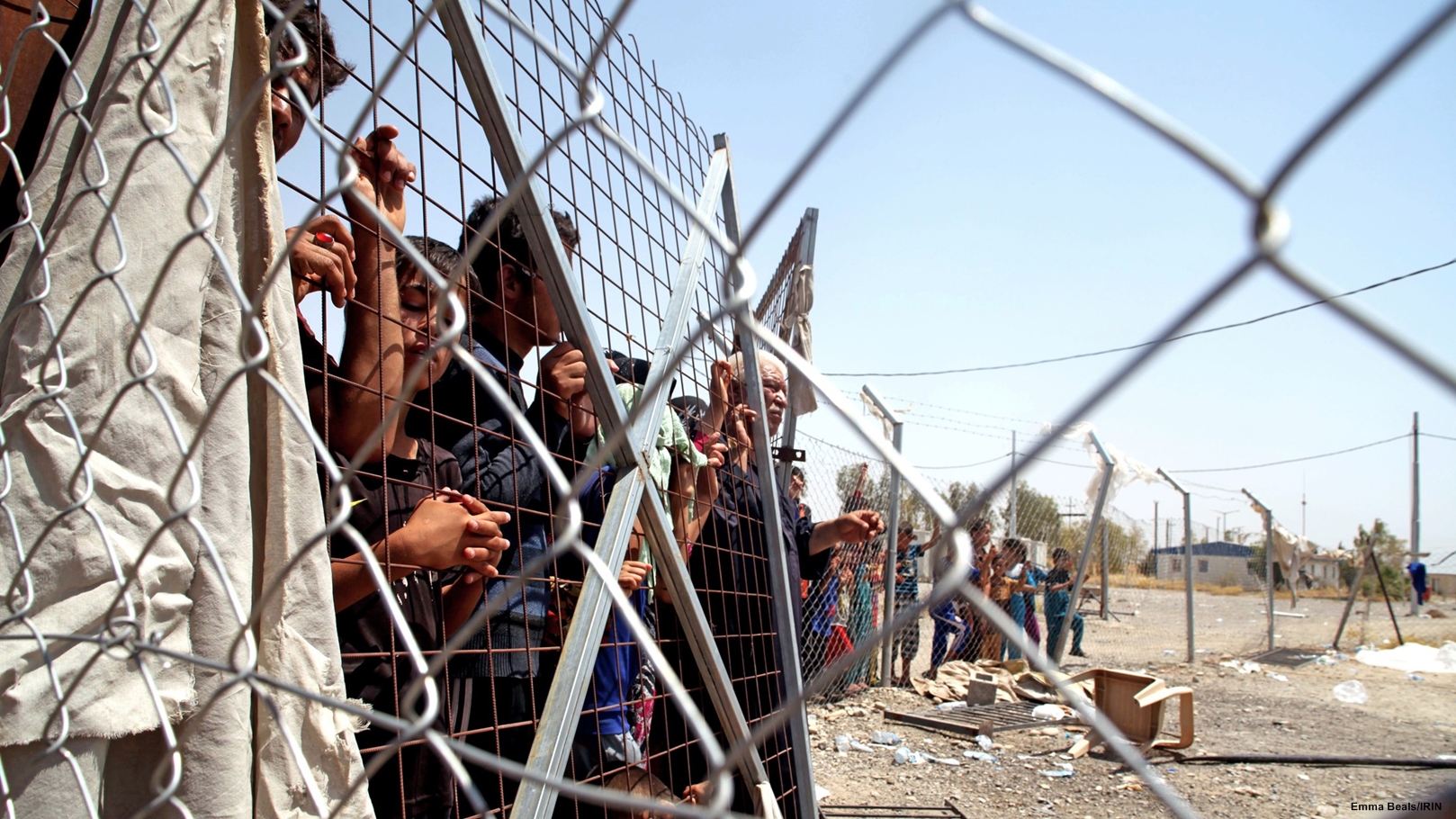The Baharka camp, 5km north of Erbil in northern Iraq, is home to thousands of internally displaced people (IDPs) following the takeover of large swathes of the country by the Islamic State of Iraq and the Levant (ISIS).
Updates on Iraq Crisis
- The United Nations have declared a ‘Level 3 Emergency’, the highest level of humanitarian crisis, for Iraq. Three other crises in the world are currently sharing the same emergency status: Syria, South Sudan and the Central African Republic.
- The situation of displaced people on Sinjar Mountain remains of critical concern, in addition to helping meet the needs of a further 12,000 displaced Christians who are now sheltering in the Kurdish capital, Erbil.
- The Newroz camp in Syria currently hosts about 15,000 Yazidis from Iraq. After a few days at the camp, many refugees head back to Iraq to reunite with families in the Dohuk area of northern Kurdistan, but still thousands continue to come.
- Many refugee families have been separated, scattered between Sinjar, Syria and the Kurdistan region of Iraq; children have been torn from their parents — killed, kidnapped or disappeared in the chaos. Many refugees report they had to leave behind their elderly whom they could not carry. Others who made it safely to the camp gave reports of young girls and women forced to stay behind and being sold. Families say that their young men were killed.
In the past few days, various UN Agencies have responded as follows:
- UNCHR> providing shelter and relief items
- WFP> providing meals
- UNICEF> providing support to displaced children
- WHO> providing emergency health care
- UNFPA> distributing hygiene supplies, clothing and medical supplies
- IOM> transporting IDPs from affected areas to agreed safe areas, distributing non-food Item kits
[Source: ReliefWeb(1), ReliefWeb(2)]
*Integral Alliance (IA), a global alliance comprising of 19 Christian relief and development agencies, is now providing disaster responses to humanitarian crisis in Syria, South Sudan and the Central African Republic, and is closely monitoring the crisis in Iraq. CEDAR is one of the member agencies of Integral Alliance.








